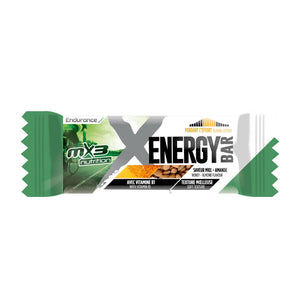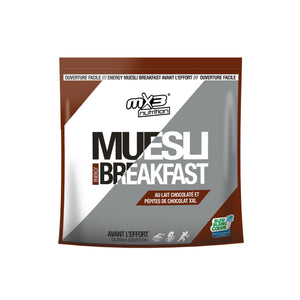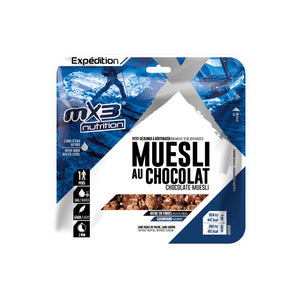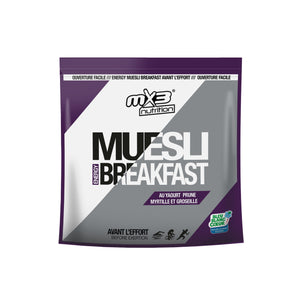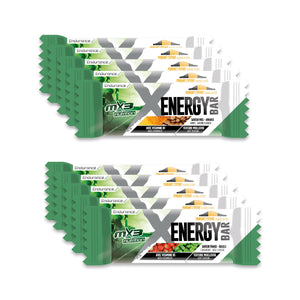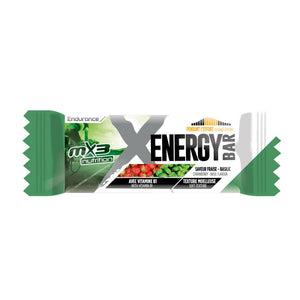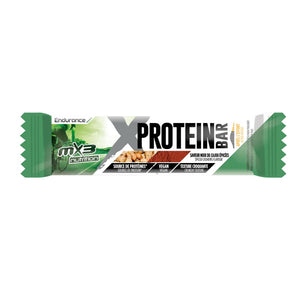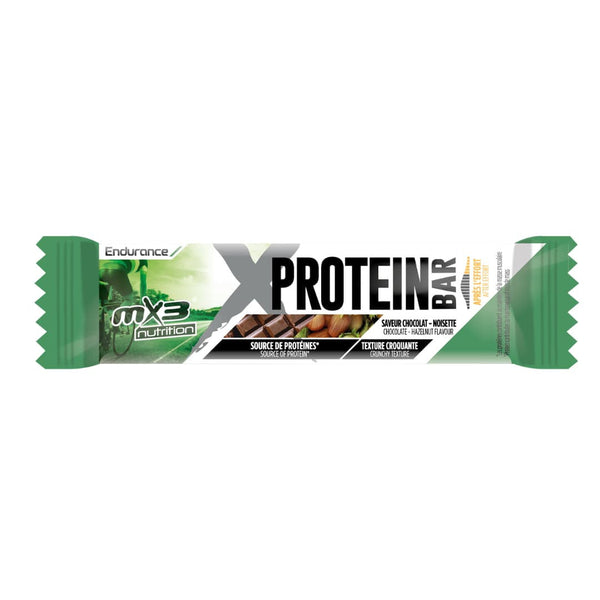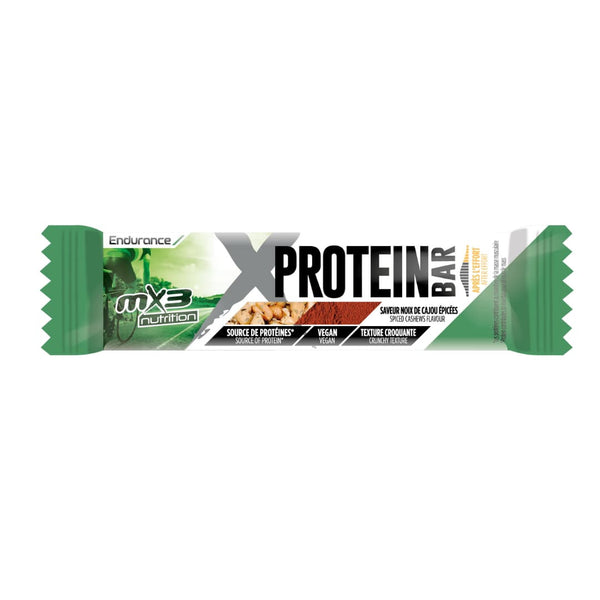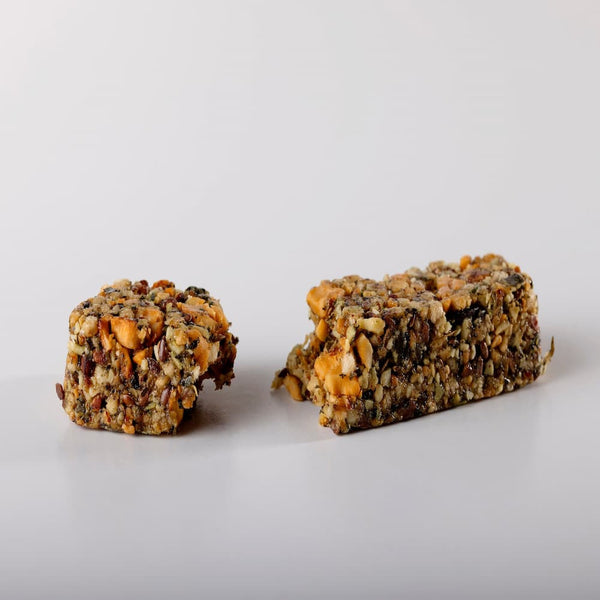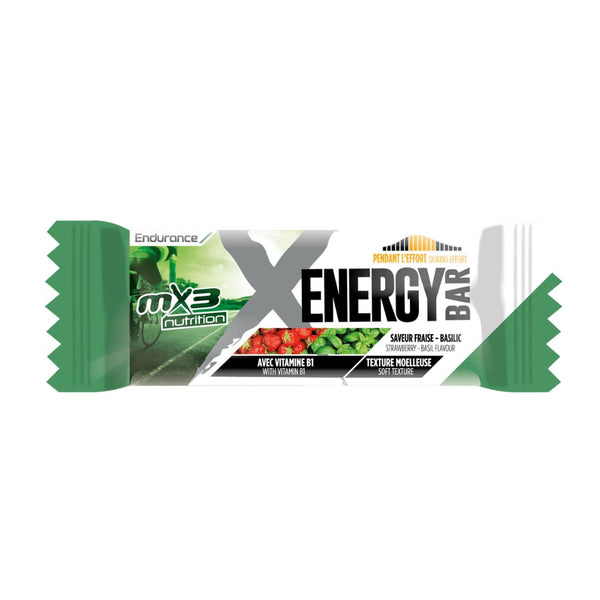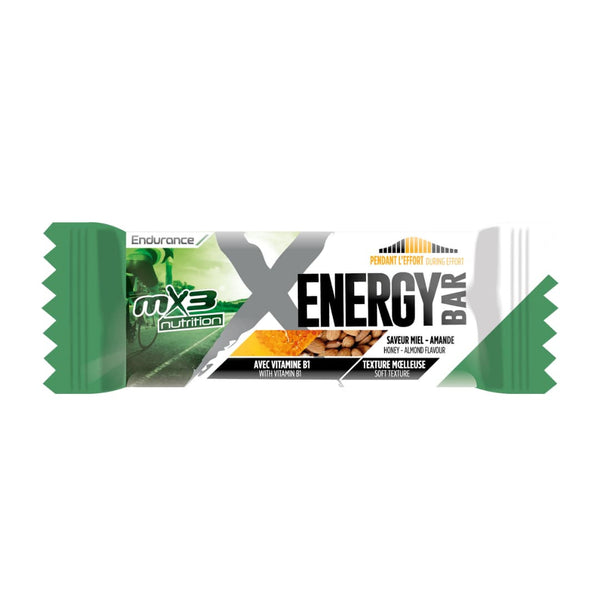Endurance Sport Nutrition: A Complete Guide
Endurance sport, whether running, cycling, swimming or any other sport requiring prolonged effort, requires a suitable diet to support performance and promote recovery. Discover a complete presentation on the recommended diet for endurance sports.
Endurance sport and diet: what to consume?
Carbohydrates
Carbohydrates are the main source of energy for endurance activities. They provide glucose in the diet, which is used by the muscles to produce energy. Endurance athletes should focus on complex carbohydrates like whole grains, fruits, vegetables and legumes. It is recommended to consume carbohydrates before, during and after exercise to maintain muscle glycogen stores and optimize performance.
The proteins
Protein is essential for muscle recovery and tissue building. Endurance athletes should consume high-quality proteins in their diet, such as lean meat, fish, eggs, tofu and dairy products, as part of a balanced diet. It is recommended to consume protein after training to promote muscle recovery.
Fats
Fats are an important source of energy for low-intensity, long-duration endurance activities. Endurance athletes should prioritize healthy unsaturated fats, such as those found in avocados, nuts, seeds and vegetable oils, while limiting saturated and trans fats.
Hydration
Hydration is essential to maintain performance and avoid dehydration during exercise. Endurance athletes should include drinking enough water before, during and after exercise in their diet to compensate for fluid losses due to sweating. They may also consider consuming sports drinks to replace electrolytes lost through sweat.
Electrolytes
Electrolytes, such as sodium, potassium and magnesium, play a crucial role in regulating fluid balance and muscle function. Endurance athletes can get electrolytes from foods like bananas, potatoes, dried fruits and sports drinks.
Supplements
Although most endurance athletes' nutritional needs can be met through a balanced diet, some may benefit from supplements like creatine, caffeine, and BCAAs to improve performance and aid recovery. However, it is important to consult a healthcare professional or nutritionist before taking any supplements.
Freeze-dried food and energy bars: an asset for endurance athletes
Diet plays a crucial role in the performance and recovery of endurance athletes. Among the many options available, freeze-dried food and energy bars stand out as practical and effective choices to meet the specific nutritional needs of athletes engaged in prolonged and demanding physical activities.
Freeze-dried food
Freeze-dried food, also known as dehydrated food, is food that has been cold dehydrated to remove moisture while preserving its essential nutrients. This preservation method allows food to be preserved for long periods without altering its nutritional quality. Endurance athletes appreciate freeze-dried food for several reasons:
Lightness and ease of transport
Freeze-dried foods are lightweight and compact, making them easy to carry on long runs or mountain hikes. They are also easy to prepare, usually just adding hot or cold water depending on the type of produce to rehydrate them.
High nutritional value
Despite their low weight, freeze-dried foods are rich in essential nutrients such as proteins, carbohydrates, healthy fats, vitamins and minerals. This makes it an effective source of energy for endurance athletes.
Long shelf life
Freeze-dried foods have an extended shelf life, making them ideal for outdoor activities and multi-day expeditions where access to fresh food may be limited.
Variety of flavors
Freeze-dried food comes in a wide variety of flavors and dishes, allowing endurance athletes to diversify their diet during long races or intense workouts.
Energy bars
Energy bars are convenient, energy-packed snacks specially designed to provide a quick energy boost during exercise. They are often made with a balanced mix of carbohydrates, proteins and healthy fats, as well as other ingredients such as dried fruits, nuts and seeds. The benefits of energy bars for endurance athletes include:
Speed of absorption
Energy bars are easy to digest and provide a quick energy boost during exercise, making them an ideal choice for athletes who need an immediate energy boost during long runs or intense workouts .
Portability
Like freeze-dried foods, energy bars are lightweight and easy to transport, making them convenient for endurance athletes who need to carry their own supplies during competitions or training.
Variety of flavors
Energy bars are available in a wide variety of flavors and compositions, allowing endurance athletes to choose the one that best suits their taste preferences and specific nutritional needs.
In conclusion, freeze-dried food and energy bars are convenient and effective choices for endurance athletes looking to optimize their performance and recovery . By incorporating these foods into their daily diet, athletes can benefit from a balanced nutritional intake and a reliable source of energy to support prolonged physical efforts.

